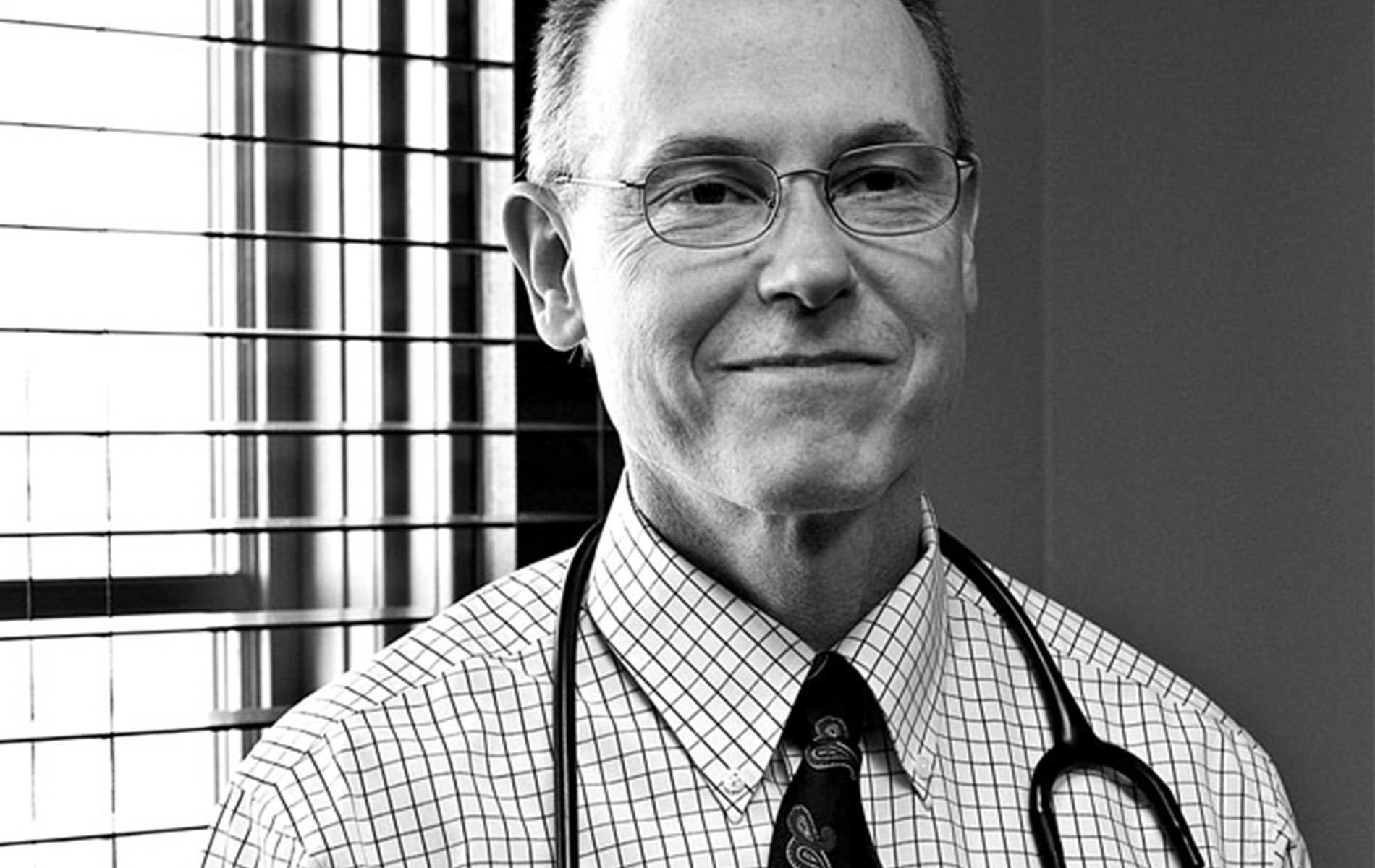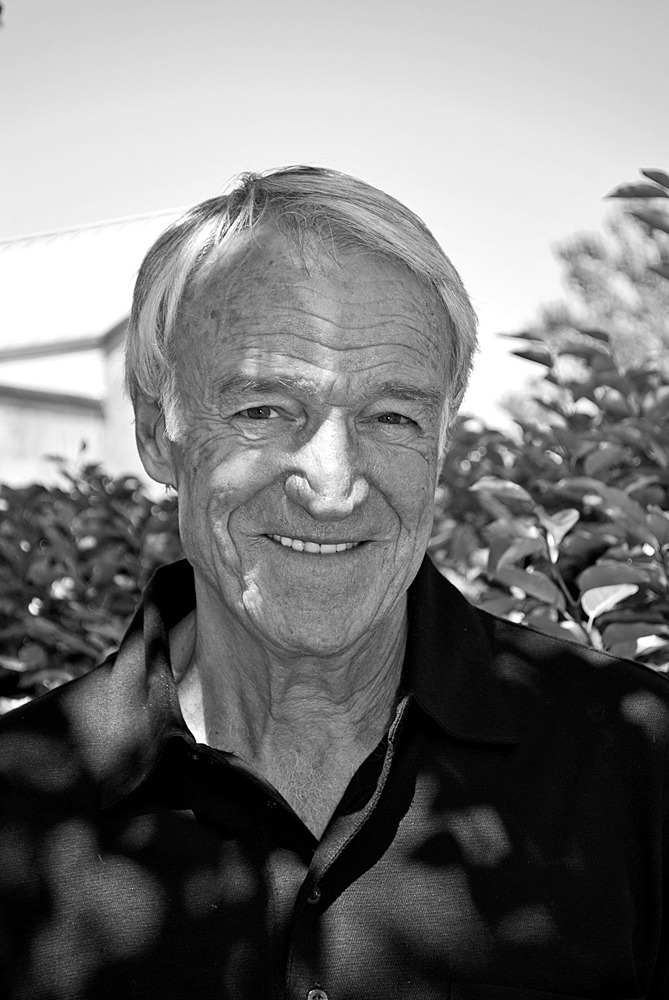
vie-magazine-healthnut-hero
Ask the Doctor
ANTI-AGING
By Clark Peters
Dr. William E. Varnadore of Rosemary Beach is one of the few doctors in the world to hold an advanced fellowship (similar to board certification) in anti-aging, regenerative and functional medicine or FAARFM. Recognized as one of the leading practitioners of this cutting-edge medical science, Dr. Varnadore is uniquely qualified to respond to questions about anti-aging and longevity. Clark Peters (b. 1941) is one of his patients and serves as our curious inquirer about subjects of interest.
Peters: Dr V., it seems like everywhere I look, there are articles and media coverage about bio-identical hormone replacement therapy. I know women have become very interested in this subject. What about us guys?
Dr. Varnadore: Well, you’re right. Bio-identical HRT, as it is called, is now an established medical protocol and has very promising outcomes for both women and men. Women are generally more familiar with hormone change since they start experiencing hormonal changes when they begin menstruating. These 28-day (or so) cycles go on through middle age unless they have had a hysterectomy. At middle age, however, they go through a precursor to menopause, called perimenopause, and then menopause itself. These cause dramatic shifts in their hormonal balance and can have uncomfortable side effects, to say the least. While men don’t go through monthly cycles or menopause, they do, in middle age, start a long, gradual decline of some hormones, most notably testosterone; this is called andropause. While it is more gradual, the effects in the long run are equally troublesome to men.
Peters: What are these effects? In a book by Suzanne Somers, I’ve read that she refers to the female effects as the “seven dwarfs of menopause: itchy, bitchy, sleepy, sweaty, bloated, forgetful and all dried up.” Do men have similar types of symptoms? Do bio-identicals help?
Dr. V: For women, perimenopause and menopause bring on all or a combination of these. Some women seem relatively untouched by these symptoms, but most suffer greatly. Until recently, we have been treating the symptoms with products like Premarin. That’s short for pregnant mares’ urine. While these can give some relief, they do not resolve the hormonal imbalances which cause them. Here’s where bio-identicals can play a huge role. Unlike the equine urine product, a very unfortunate and unnatural substance to put in the human body, bio-identicals are recognized and readily accepted by the body as natural; that is, they are the same substances it has produced for decades prior to menopause. Not only are symptoms alleviated or eliminated, but a menopausal (or perimenopausal) woman on bio-identical therapy will feel much younger. This can mean enormous improvement in mood, energy, sleep, libido, mental acuity and so on. The list of what works better when her hormones (her endocrine system) are balanced is extensive, but, suffice it to say, she will look and feel better because, internally, every system is working better.
Peters: Okay; that sounds great for the ladies. What about the men?
Dr. V.: Men rarely feel a sudden change as their hormones decline. Rather, they wake up one day and realize they have lost muscle tone, don’t sleep as well and are tired much of the time, notice they are getting fat….
Peters: I assume you are referring to the dreaded “man boobs” here.
Dr. V.: Yes; some men put fat on in the chest area. Also, they often get grumpy and pretty much lose interest in sex. (Maybe those last two are related!) These outcomes have snuck up on them gradually, but are no less disheartening when finally recognized than those that women face. Until now, there has been no treatment for these symptoms and they were generally thought to be a natural and inevitable outcome due to aging. But it doesn’t have to be this way! Hormone therapy for men—again, using bio-identicals— usually starts with raising their testosterone levels to within normal range. Then, other hormones, if deficient, are addressed. The difference is amazing—men who start to put on lean body mass and find it easier to shed unwanted fat are in a better mood, have a renewed and healthy interest in sex, are sharper mentally and so on—the same kind of benefits women experience.
Peters: So, you are saying that we all, regardless of age or sex, can turn back the clock on our hormonal systems to where they were when we were in our twenties and thirties?
Dr. V.: Yes. There is a lot more to anti-aging than the endocrine system, but it’s a key factor to getting and staying younger, regardless of when you start the protocol. I should mention that we have to be very conservative because we are shooting for optimal balance in a very powerful and intricate system. An overdose of any hormone upsets the body and can actually make things worse. So, I proceed quite cautiously, sometimes frustrating patients who start feeling better immediately and figure that “if a little is good, a lot would be better.” Unfortunately, “a lot” can lead to “a lot of trouble.” So, it takes some time, but the end result is well worth the patient having some patience.
Peters: How are these bio-identical hormones taken?
Dr. V.: Well, unfortunately, pills don’t work well, at least for estrogen and testosterone. Mouth and stomach acids interfere. Instead, we start patients on a cream (applied topically each day in small doses) or patches. If patients don’t respond appropriately—some get rashes from patches or prove unable to readily absorb the cream through the skin—then we teach them to give themselves injections; some do this daily, others once a week.Most find this “no big deal.” One other approach (which I avoid) involves implanting a time-released packet in the “gluteus maximus.” This involves outpatient surgery and is repeated every six months. I avoid this treatment because, once the packet is in, the patient is committed for six months—if the dosage is too high or low, we have to wait six months to adjust the dosage. They occasionally over-release early, which is a bad situation as well—too much at first, and then a crash—yet, we still have to wait until the time is up. It is much easier when you have the ability to fine-tune on a daily or weekly basis. Most people thrive on the creams.
Peters: Doc, I know from personal experience this program made a huge difference in how I feel. Why isn’t it more commonly offered? It seems like everyone would benefit.
Dr. V.: Well, the treatment is fairly new so other doctors are, in some cases, just learning about it. You have to remember that your hormonal system is very complex and very delicate. Learning how to deal with each hormone—what it controls and its impact on other hormones—and then monitoring progress as the treatment continues is time-consuming because we must be so careful with changes. As we’ve discussed, hormones control several important things in our bodies: mood, brain function, metabolism, sleep— all in addition to our sex drive (libido), the subject on which most patients focus. But it is all of these functions (some we haven’t mentioned) which are important to optimize if we are to enjoy a happy and full life. It is sad that, for many people, old age (whenever that starts—it’s a very individual thing) means a gradual withdrawal from the activities and interests they love. It simply doesn’t have to be accepted as inevitable, and bio-identicals are a large factor in slowing or reversing that “normal” decline as we age.
Peters: Thanks, Doc. It sounds like there truly is hope for a better and more lively tomorrow!
— V —
Share This Story!
KEEP UP WITH THE LATEST STORIES FROM VIE

















































































































































